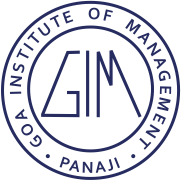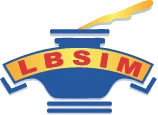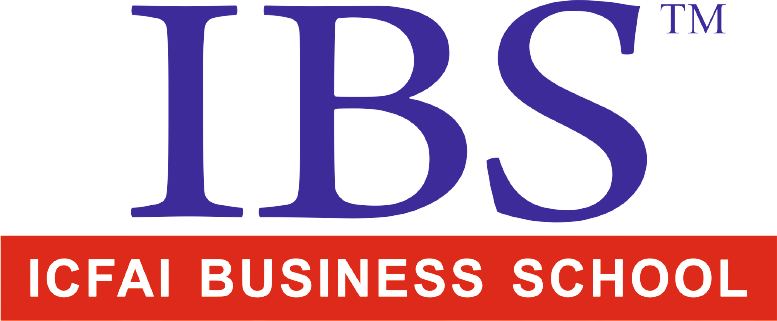Union Budget gives direction to as to which way Indian economy will drive in next fiscal year. Let’s analyze what are the expectations and challenges.
Read: Budget 2014-15: Expectations and Challenges
Ten years of Congress rule has ended and Indian public elected much hyped Modi Sarkar in anticipation of getting ‘Achche Din’ or good days. The upcoming budget would give the first glimpse of the path of Modi government to bring in the so called ‘Achche Din’. In the last 62 years since the advent of democracy in India, most elected governments resorted to the populist measures; however, many populist measures by various governments were of such a nature that brought short term gains to the individuals and communities but in the course of time became detrimental to the health of overall economy bringing in the ills of inflation, unemployment and conservative policies. So the present government in its first budget is expected to start measures which are not just acceptable to public but also help economy in reinventing the growth path.
The growth rate, which is heading south, and inflation, which is heading north, needed to be taken care of on an urgent basis. As the new government has promised to bring the economy back on the growth track and hinted about some tough measures, we may see the cut in subsidies and sops, rationalization of tax structures and industrial policies etc. Generally, the most an important thing about which people remained concerned are inflation, unemployment and infrastructure.
Some important expectations from the government in upcoming budget are as under –
- The income tax exemption limit is currently INR 2.0 Lakhs per annum which can be increased to INR 3.0 Lakhs per annum. Though the move may reduce the funds in government coffer from income tax, but it will also increase the disposable income into the hands of the people which in turn will raise the spending power. In income through increase in demand may more than compensate the loss from increase in exemption limit.
- However, the increase in disposable income increases the money supply and demand which will push the inflationary forces. Increase in demand can be compensated by increase in supply. Growth in supply can be ensured by removing infrastructure bottlenecks. Production capacity can also be increased by facilitating appropriate infrastructure.
- A mechanism needs to be put in place where the government has adequate control on fuel prices and does not let them subject to the fluctuating prices of global crude oil prices.
- India Incorporation would like to see the large-scale tax reforms, which includes early introduction of goods and services tax (GST) regime. GST regime is likely to get priority in this year’s budget.
- The Confederation of Indian Industry (CII) wants the government to remove “retrospective” tax amendments that is discouraging foreign investors. The Federation of Indian Chambers of Commerce and Industry (FICCI) has urged the Government to focus on skill development. Moreover, ASSOCHAM is pitching for reducing the corporate tax rate from 30 to 25 per cent, doing away with surcharge and reduction of minimum alternate tax. In order to increase the investment and ensure the participation of private sector in infrastructure development, instilling the confidence in private sector is imminent and for that matter government may give in to the measures suggested by corporate India.
- The small scale industries had called for raising the excise exemption limit (at present, the limit is INR1.5 Crore). With escalating costs of raw material and high interest rates most of small-scale businesses are struggling to sustain. Their profit margins are severely hit and they need some form of support from the government to revive.
- For the last few years, expenditure on education is hovering around 3 percent of GDP. Right from the time of British India, there has been demand of 6 percent expenditure on education. Thus increase in fund for educational development is likely to be increased in the budget. To make domestic higher education more affordable, the government must take adequate steps to decrease education loan rates across the board.
- Health budget is also likely to get increased as government is poised to establish an AIIMS (All India Institute of Medical Science) like institution in almost every state capital. Government has already asked many states to identify land for the institute.
- During one of his election speeches, Prime Minister criticised government over the complacent approach of then government regarding border disputes. With an aggressive foreign police, we may expect government to increase the defence budget. PM also hinted on transforming India from an importer of defence equipments to the net exporter. So we may expect rise in expenditure on research and development activities.
The Indian economy is exposed to external as well as internal shocks due to high fiscal deficit and current account. The fiscal deficit last fiscal was 4.5 per cent. Government is expected to make some measures to bring down the fiscal and revenue deficit in this budget with the intention to bring the fiscal deficit to 3.0 percent and revenue deficit to nil in the long run. Apart from reigning in the fiscal deficit, government will try to bring the inflation in moderate region between 3-5 percent.
However, the road ahead is not easy for the Modi government curtailing expenditure would mean cutting subsidies and inviting public ire. And by not doing so, government will not be able to bring the economy on growth path which was one of its agenda during election campaign. Already, country has witnessed several protests across the country by opposition parties against rail fare hike and forces the government to revoke the local train fare hike in Mumbai. Left parties have also warned government against scrapping the Mahatma Gandhi National Rural Employment Guarantee Scheme (MNREGS) for curtailing expenditure.
Ushering an era of growth and investment in the country without hurting the vulnerable sections of the society and keeping middle class happy would be a tough challenge for Modi Government.







